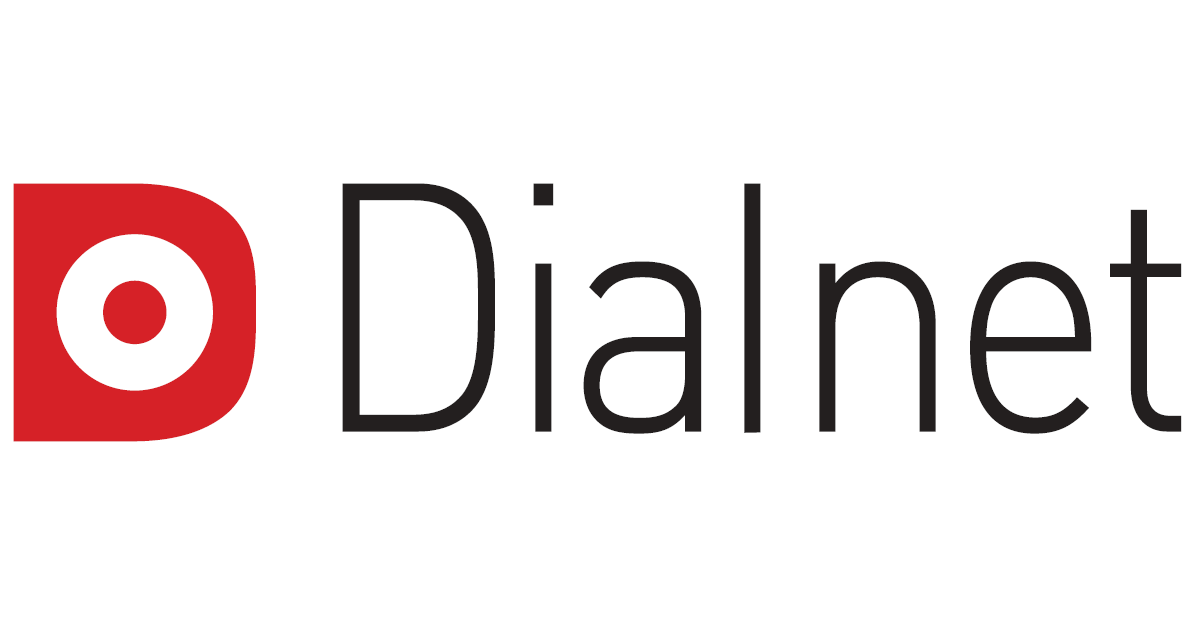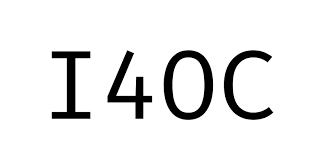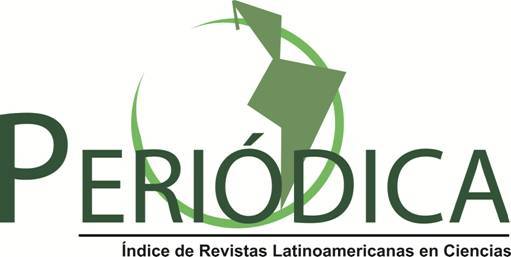Yield and nutritional value of cereals and safflower forage in the Comarca Lagunera
DOI:
https://doi.org/10.18633/biotecnia.v24i2.1620Keywords:
Dry matter, crude protein, fiber, digestibility, foliar diseasesAbstract
Safflower and cereals sowing as an alternative to oat allow to increase the forage potential in late sowings during fall-winter season. The objective of the study was to compare the forage potential and nutritive value of cereals and safflower with those observed in oat late sowings during fall-winter season. The study was conducted during the fall-winter season of 2017-2018 and 2018-2019 in Matamoros, Coahuila, Mexico. Cultivars of oat, barley, wheat, triticale and safflower with or without spines were evaluated. A randomized complete block design with four replications was used. Forage nutritive value, dry matter (DM) and nutrients yields were determined. Late sowing of barley and wheat increased the forage potential with or without incidence of foliar disease in oat. The increments reached from 26.3 % to 39 % in DM yields, 34.8% in Crude protein yields, 34.2 % in net energy for lactation yields and 29.4 % to 34.8 % in digestible DM yield. The species triticale, wheat, barley and spineless safflower also were good alternatives, but only when dry forage yields were reduced by foliar diseases. The forage potential may be increased using alternative species to oat in late sowings of fall-winter season.
Downloads
References
Ankom Technology. 2017. Procedures for In Vitro True Digestibility Method (DVIVMS-Daisy). Disponible en: https://www.ankom.com/sites/default/files/document-files/Method_3_Invitro_D200_D200I.pdf
AOAC (ASSOCIATION OF OFFICIAL AGRICULTURAL CHEMISTS). 2005. Official Methods of Analysis. Dumas method (990.03). 15th edition. Washington D.C., USA.
Bar-Tal, A., Landau, S., Li-xin, Z., Markovitz, T., Keinan, M., Dvash, L., Brener, S. y Weinberg, Z.G. 2008. Fodder quality of saflower across an irrigation gradient and with varied nitrogen rates. Agronomy Journal. 100: 1499-1505. https://doi.org/10.2134/agronj2007.0353
Buthelezi, L.S., Mupangwa, J.F., Muchenje, V. y Nherera Ch. 2019. Influence of drying technique on chemical composition and ruminal degradability of subtropical Cajanus cajan L. Animal Nutrition. 5: 95-100. https://doi.org/10.1016/j.aninu.2018.03.001
Flemmer, A.C., Franchini, M.C. y Lindström, L.I. 2015. Description of safflower (Carthamus tinctorius L) phenological growth stages according to the extended BBCH scale. Annals of Applied Biology. 166: 331-339. https://doi.org/10.1111/aab.12186
Geoering, H.K. y Van Soest, P.J. 1970. Forage fiber analysis. Apparatus, reagents, procedure and some applications. Agric. Handbook 379. ARS. USDA. Washington DC. 20 pp.
Herrera, M.G., y Quiroz E.C. 1983. Distribución y factores epidemiológicos del virus del enanismo amarillo de la cebada (BYDV) en Chile. Agricultura Técnica (Chile) 43 (2): 121-126.
Leshem, Y., Brukental, I., Landau, S., Ashbell, G., Weinberg, Z.G. y Brosh, A. 2000. Salower - new forage crop in Israel. Meshek Habakar Vehachalar. 286: 27-32.
Maas, E.V., Poss, J.A. y Hoffman, G.J. 1986. Salt tolerance of plants. Applied Agriculture Research. 1: 12-26.
Navarro, P. 2017. Entomología-Plagas en cultivos: Pulgón amarillo de los cereales. Ficha Técnica 64. INIA-Programa Sanidad Vegetal.
Novotny, L., King, J., Phillips, K. y Thiex, N. 2018. Recommendations and critical factors in determining moisture in animal feeds. AAFCO’s Laboratory Methods and Services Committee. Moisture Best Practices Working Group. Disponible en: https://www.aafco.org/Portals/0/SiteContent/Laboratory/Loss_on_drying-moisture/Recommendations_and_Critical_Factors_for_Determining_Moisture_in_Animal_Feed.pdf. Consultado en: 13 marzo 2021.
Núñez, H.G. y Faz, C.R. 2005. Producción y calidad nutricional de cereales de grano pequeño capuchones (sin aristas) en la Región Lagunera en invierno. pp. 290-294. Memoria de la XVII Semana Internacional de Agronomía FAZ-UJED.
Núñez, H.G., Faz, C.R. y Martínez, R.J.G. 2007. Sistemas de producción de triple cosecha anual de forraje para la Región Lagunera. AGROFAZ. 7: 1-12.
Reta, S.D.G., Sánchez, D.J.I., Reyes, G.A., Ochoa, M.E., Chew, M.Y.I. y Gaytán, M.A. 2017a. Evaluación semicomercial de cártamo forrajero en siembras tardías durante otoño-invierno en la Comarca Lagunera, México. AGROFAZ. 17: 51-63.
Reta, S.D.G., Sánchez, D.J.I., Torres, H.D., Reyes, G.A., Ochoa, M.E., Chew, M.Y.I. y Cueto W.J.A. 2018. Evaluación semicomercial de cereales alternativos en siembras tardías de otoño-invierno en la Comarca Lagunera. AGROFAZ. Vol. Especial CELALA: 69-79.
Reta, S.D.G., Serrato, C.J.S., Gaytán, M.A., Quiroga, G.H.M., Orozco, H.G. y Payán, G.J.A. 2014. Potencial forrajero del cártamo en respuesta al distanciamiento entre surcos en la Comarca Lagunera. AGROFAZ. 14: 65-71.
Reta, S.D.G., Serrato, C.J.S., Gaytán, M.A., Quiroga, G.H.M., Orozco, H.G. y Payán, G.J.A. 2015. Potencial forrajero de variedades comerciales y genotipos élite de cártamo en la Comarca Lagunera. AGROFAZ. 15: 27-38.
Reta, S.D.G., Serrato, C.J.S., Quiroga, G.H.M., Gaytán, M.A. y Figueroa, V.U. 2017b. Secuencias de cultivo alternativas para incrementar el potencial forrajero y productividad del agua. Revista Mexicana de Ciencias Pecuarias. 8: 397-406. https://doi.org/10.22319/rmcp.v8i4.4645
Sánchez, M.H., Reta, S.D.G., Serrato, C.J.S., Figueroa, V.U., Cueto, W.J.A. y Castellanos, P.E. 2018. Efecto de la fecha de siembra sobre el potencial forrajero de cultivares primaverales de canola en la Comarca Lagunera, México. ITEA. 114: 223-242. https://doi.org/10.12706/itea.2018.014
Sanderson, M.G., Hemming, D.L. y Betts, R.A. 2011. Regional temperature and precipitation changes under high-end (≤4 °C) global warming. Philosophical Transactions of the Royal Society. 369: 85-98. https://doi.org/10.1098/rsta.2010.0283
Santamaría, J.C., Reta, S.D.G., Chávez, G.J.F., Cueto, W.J.A. y Romero, P.J.I. 2006. Caracterización del medio físico en relación a cultivos forrajeros alternativos para la Comarca Lagunera. Libro Técnico No. 2. ISBN 970-43-0048-4. INIFAP-CIRNOC-CELALA. 240 pp. Disponible en: http://biblioteca.inifap.gob.mx:8080/jspui/handle/123456789/1944. Consultado: 26 febrero 2021.
Santamaria, C.J., Reta, S.D.G. y Orona, C.I. 2008. Reducción del rendimiento potencial de maíz forrajero en calendario con tres y cuatro riegos. Terra Latinoamericana 26: 235-241.
SAS Institute. 2011. The SAS system for windows, release 9.3. Statistical Analysis Systems Inst., Cary, NC.
SIAP (Sistema de Información Agropecuaria y Pesquera). 2021. Anuario estadístico de la producción agrícola. Secretaria de Agricultura, Ganadería, Desarrollo Rural, Pesca y Alimentación. Ciudad de México. Disponible en: http://infosiap.siap.gob.mx/repoAvance_siap_gb/pecAvanceProd.jsp. Consultado: 25 Marzo 2021.
Snyder, R.L. y Melo-Abreu, J.P. 2005. Frost protection: fundamentals, practice and economics. Volume 1. FAO Environment and Nature Resources Service Series. No. 10.
Weiss, W.P., Conrad, H.R. y St-Pierre, N.R. 1992. A theoretically-based model for predicting total digestible nutrient values of forages and concentrates. Animal Feed Science and Technology. 39: 95-110. https://doi.org/10.1016/0377-8401(92)90034-4
Downloads
Published
How to Cite
Issue
Section
License
Copyright (c) 2022

This work is licensed under a Creative Commons Attribution-NonCommercial-ShareAlike 4.0 International License.
The journal Biotecnia is licensed under the Attribution-NonCommercial-ShareAlike 4.0 International (CC BY-NC-SA 4.0) license.

















_(2).jpg)







